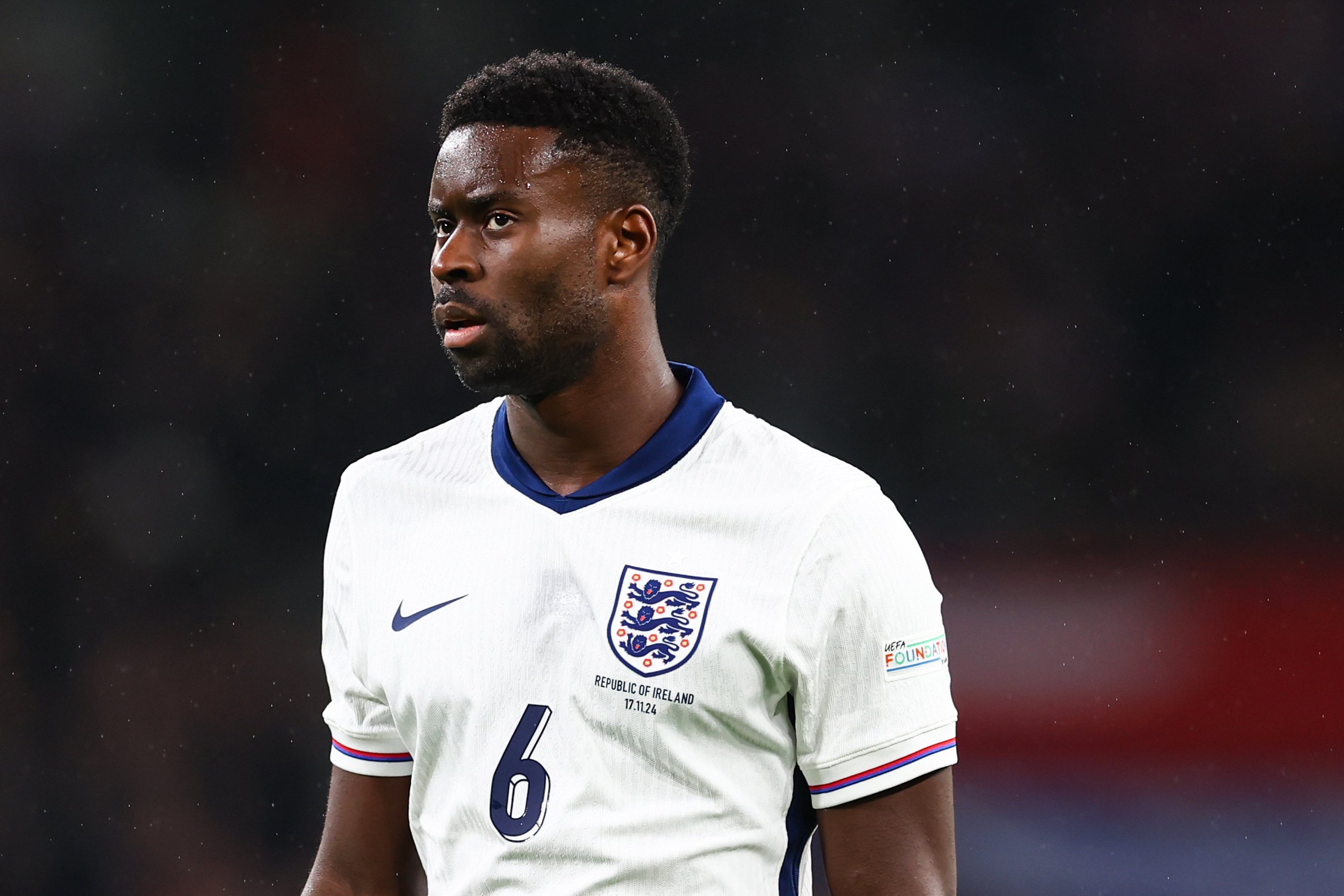Iffy Onuora fears a lack of black leadership roles in football in 10 years’ time

The same conversations about the lack of black people in leadership positions in football are likely to still be happening in 10 years’ time, despite the Black Lives Matter movement placing increased focus on the issue.
Iffy Onuora, the former Huddersfield and Gillingham forward who now works as an equalities officer for the Professional Footballers’ Association, says he recalls similar optimism that change was imminent during a meeting he attended in London 17 years ago.
Manchester City and England forward Raheem Sterling has been one of those questioning why the large proportion of players from black and other ethnic minority backgrounds has not translated into a similar proportion among coaches, administrators and chief executives.
While Onuora welcomes the fact that the discussions are happening, he does feel as though he has been here before.
“I think we’ll have the same conversations I really do,” he told the PA news agency, when asked whether he thought there would be a noticeable change in a decade’s time.
“In 2003 I sat around with people like Frank Clark from the League Managers’ Association, Trevor Brooking at the FA as he was then, about how we get more black coaches into management positions.
“And the feeling then was ‘oh, it will happen now, as more players do the badges’. That was 2003. I think the most there have ever been was 2006, and I was one of the managers then, we had about seven BAME coaches. I think there is about five or six now, so that hasn’t changed.”
The best features, fun and footballing quizzes, straight to your inbox every week.

Onuora describes the problem as a “blockage” from the top of organisations downwards.
“Senior positions at clubs – your board of directors, chairmen, CEOS, directors of football, heads of coaching – very few of those positions are filled by people of colour,” he added.
“That’s where the decision-makers are and that’s where the blockage is. If you don’t have people informing how you make day-to-day decisions how do you then recognise them as potentially being leaders of your organisation? It’s very difficult.”
Paul Elliott, the chair of the Football Association’s inclusion advisory board, has set up a voluntary Equality In Football Leadership code with a view to making the sport more diverse at management level.
The PFA are calling for the strengthening of the EFL Recruitment Code for the 2020/21 season.— Professional Footballers' Association (@PFA) June 18, 2020
The PFA has also called on the English Football League to strengthen its recruitment code to cover every managerial or coaching appointment.
The EFL adopted a version of the ‘Rooney Rule’ into its regulations last summer, obliging clubs running a full recruitment process to interview at least one candidate from a black or ethnic minority background.
However, the PFA points out that many appointments happen mid-season without a shortlisting process.
“If you don’t get BAME managers learning the trade, getting opportunities in League One, League Two, the Championship, how are they ever going to get to the Premier League, where the visibility is?” Onuora said.

“English managers traditionally cut their teeth in the EFL, so that’s important. We’re all interlinked by this and that’s why we say, ‘let’s make this a whole game issue, and a whole game conversation’. ‘
“They (the EFL) have the right of course to keep that within themselves, as does any other organisation, but I think we’re asking people to step outside the confines of their own organisation and see the picture at a little bit broader than that and see the possibilities of that.
“There shouldn’t be any fear, we’re just trying to be part of the solution.”
 Join The Club
Join The Club





